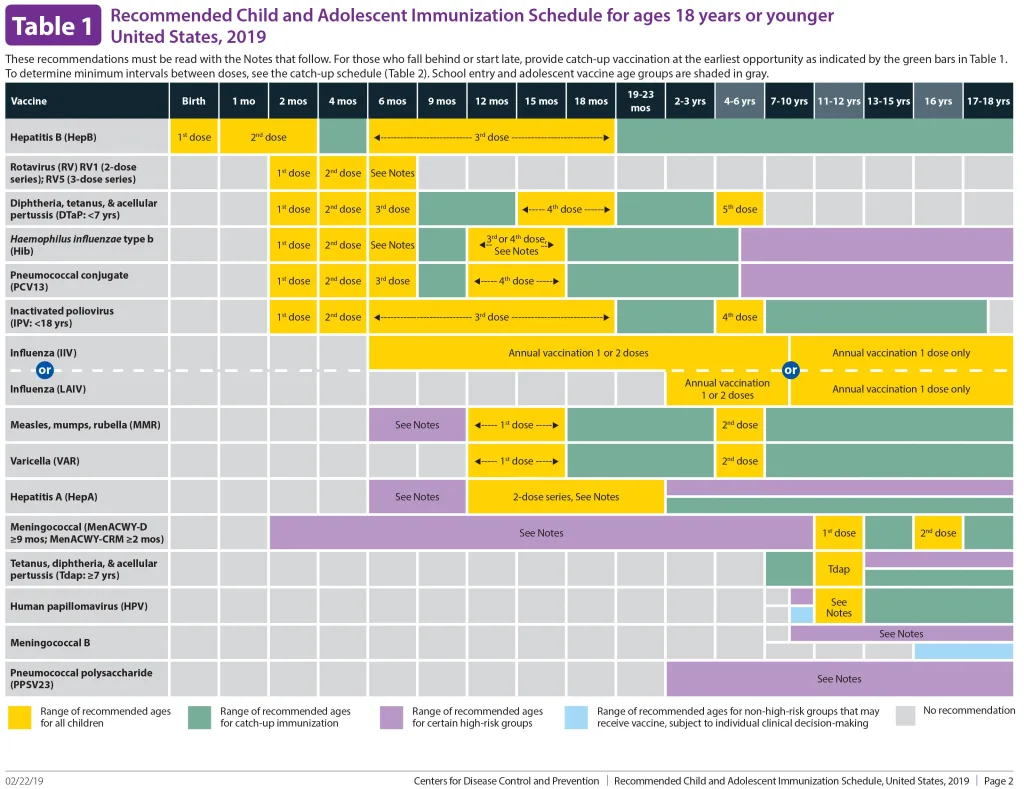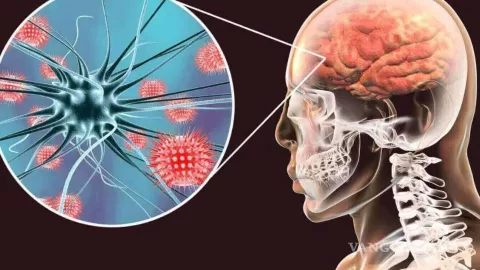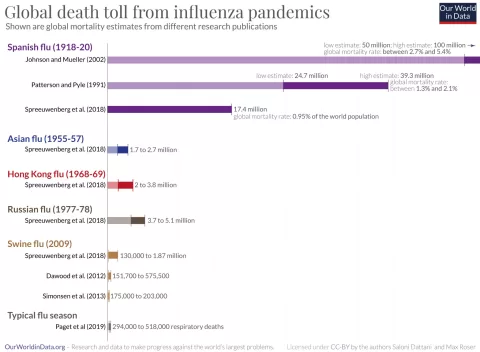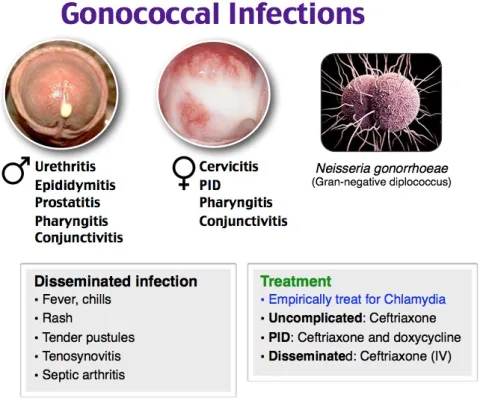CDC vaccine recommendations have become a point of contention as public health intersects with politics, especially under the current leadership of Health and Human Services Secretary Robert F. Kennedy Jr. Recent testimony from former CDC officials highlights concerns about the agency’s integrity being compromised, with allegations that Kennedy has made unilateral changes to the childhood vaccine schedule without scientific backing. This has raised alarm bells regarding the politicization of public health, which could ultimately erode public trust in vaccines. Critics argue that such actions could lead to a resurgence of preventable diseases once thought to be under control, such as measles and polio. As debates about vaccine safety and efficacy continue to heat up, understanding the implications of these changes is crucial for parents and communities alike.
The evolving landscape surrounding immunization directives has stirred significant debate, particularly as former leaders within the Centers for Disease Control and Prevention (CDC) express unease about recent developments. Under the guidance of Secretary Robert F. Kennedy Jr., critics claim that the integrity of vaccination protocols has been jeopardized, leading to controversial adjustments in the recommended vaccine schedule for children. The atmosphere of distrust stemming from these modifications casts a long shadow on public health initiatives, raising questions about the balance between medical science and political influence. As discussions unfold, it’s essential to examine how these shifts impact societal perspectives towards vaccination and the potential resurgence of diseases once deemed eradicated.
The Impact of Politicization on Public Health
The recent testimony from former CDC officials underscores a growing concern about the politicization of public health in the United States. Under the leadership of Robert F. Kennedy Jr., important agency decisions have been influenced more by political agendas rather than scientific evidence. Such a shift can significantly undermine public trust in vaccines, as citizens look to health authorities for unbiased information during health crises. As Monarez and Houry articulated, this environment of political pressure puts both the CDC’s integrity and the health of the public at risk.
Furthermore, the implications of a politicized public health system extend beyond the immediate management of disease outbreaks. By sidelining career scientists in favor of political appointees, the CDC risks losing credibility among healthcare professionals and the public alike. This loss of trust could stunt vaccination rates and lead to re-emergence of diseases that were previously under control, ultimately endangering the very populations the agency is sworn to protect.
Frequently Asked Questions
How has the politicization of public health impacted CDC vaccine recommendations?
The politicization of public health has led to significant shifts in CDC vaccine recommendations, particularly under Secretary Robert F. Kennedy Jr. During recent Senate hearings, former CDC officials testified that political pressures have altered the decision-making processes and undermined the integrity of vaccine recommendations. This has raised concerns about public trust in vaccines, as changes to the childhood vaccine schedule were made without adequate scientific backing, which could lead to preventable diseases resurfacing.
What changes to the childhood vaccine schedule are being proposed by the CDC under Kennedy’s leadership?
Under the leadership of Robert F. Kennedy Jr., significant changes to the childhood vaccine schedule have been proposed. These changes, which were indicated to be set before the upcoming Advisory Committee on Immunization Practices (ACIP) meeting, have drawn criticism for lacking scientific evidence. Former CDC officials expressed concern that these alterations may decrease public trust in the recommended vaccinations, potentially endangering children’s health by increasing the risk of outbreaks of preventable diseases.
What are the implications of Robert F. Kennedy Jr.’s testimony regarding CDC vaccine recommendations?
Robert F. Kennedy Jr.’s testimony has profound implications for CDC vaccine recommendations. Critics argue that his approach has focused more on personal beliefs and has lessened the reliance on scientific evidence. This shift could undermine public health efforts and erode trust in vaccinations, particularly for children. Former CDC leaders have warned that such politicization may contribute to rising rates of preventable diseases, impacting the overall health of communities.
Why is public trust in vaccines essential amidst CDC vaccine recommendations?
Public trust in vaccines is essential because it directly influences vaccination rates and the overall effectiveness of vaccination programs. The politicization of public health, particularly regarding CDC vaccine recommendations under individuals like Robert F. Kennedy Jr., can lead to skepticism and hesitancy among parents and communities. If trust is diminished, it may result in lower vaccination rates, increasing the risk of outbreaks of diseases that can be easily prevented through established vaccine schedules.
How has the Senate HELP Committee addressed concerns about CDC vaccine recommendations in the face of apparent political pressures?
The Senate HELP Committee has actively addressed concerns regarding potential political pressures impacting CDC vaccine recommendations by holding hearings featuring testimonies from former CDC officials. These testimonies highlighted the challenges faced under Secretary Robert F. Kennedy Jr.’s leadership, revealing how political agendas may overshadow scientific integrity, ultimately affecting vaccine policies and public health outcomes.
What is the role of the Advisory Committee on Immunization Practices (ACIP) in CDC vaccine recommendations?
The Advisory Committee on Immunization Practices (ACIP) plays a crucial role in CDC vaccine recommendations by providing expert guidance based on scientific evidence. ACIP reviews data related to vaccine safety and efficacy to make informed recommendations regarding vaccinations. Under recent leadership changes, there are concerns that political influence may compromise the integrity of ACIP’s recommendations, potentially leading to changes that lack scientific support.
In what ways could the politicization of the CDC affect childhood vaccine schedules?
The politicization of the CDC could affect childhood vaccine schedules by allowing non-evidence-based decisions to drive changes. If political appointees prioritize ideological beliefs over scientific data, it could lead to modifications in recommended vaccinations that may not be supported by public health research. This could result in lower vaccination rates and increased susceptibility to outbreaks of once-controlled diseases.
What concerns do former CDC officials have about the future of recommendations for COVID-19 vaccines?
Former CDC officials have expressed serious concerns regarding the future recommendations for COVID-19 vaccines under the leadership of Secretary Robert F. Kennedy Jr. They noted that critical data supporting recent decisions, such as the cessation of recommendations for healthy children and pregnant women, have not been shared with CDC scientists. This lack of transparency raises alarms about the adequacy of public health guidance in effectively managing ongoing and future outbreaks.
| Key Point | Details |
|---|---|
| CDC Leadership Changes | Former CDC Director Susan Monarez was dismissed by Secretary Kennedy after refusing to comply with directives that undermined scientific integrity. |
| Allegations of Politicization | Monarez and former Chief Medical Officer Houry claimed that the CDC has been politicized, affecting health recommendations. |
| Impact on Vaccine Recommendations | Kennedy unilaterally changed the childhood vaccine schedule without scientific evidence, raising public health concerns about vaccine effectiveness. |
| ACIP Meeting Changes | New ACIP members appointed by Kennedy may influence vaccine decisions without sufficient data or public input. |
| Concerns over Disease Re-emergence | Monarez warned that the rollback of vaccine recommendations could lead to an increase in preventable diseases. |
Summary
CDC vaccine recommendations are currently under scrutiny due to allegations of political interference from Health and Human Services Secretary Robert F. Kennedy Jr. This includes the dismissal of former CDC Director Susan Monarez for refusing to alter vaccine guidelines without scientific backing. Both Monarez and former Chief Medical Officer Debra Houry raised significant concerns about the implications of these changes on public health and the trust in childhood vaccines. With renewed calls for transparency and evidence in vaccine policy-making, it’s crucial for the CDC to restore its scientific credibility to ensure the safety and efficacy of vaccinations.
The content provided on this blog (e.g., symptom descriptions, health tips, or general advice) is for informational purposes only and is not a substitute for professional medical advice, diagnosis, or treatment. Always seek the guidance of your physician or other qualified healthcare provider with any questions you may have regarding a medical condition. Never disregard professional medical advice or delay seeking it because of something you have read on this website. If you believe you may have a medical emergency, call your doctor or emergency services immediately. Reliance on any information provided by this blog is solely at your own risk.








